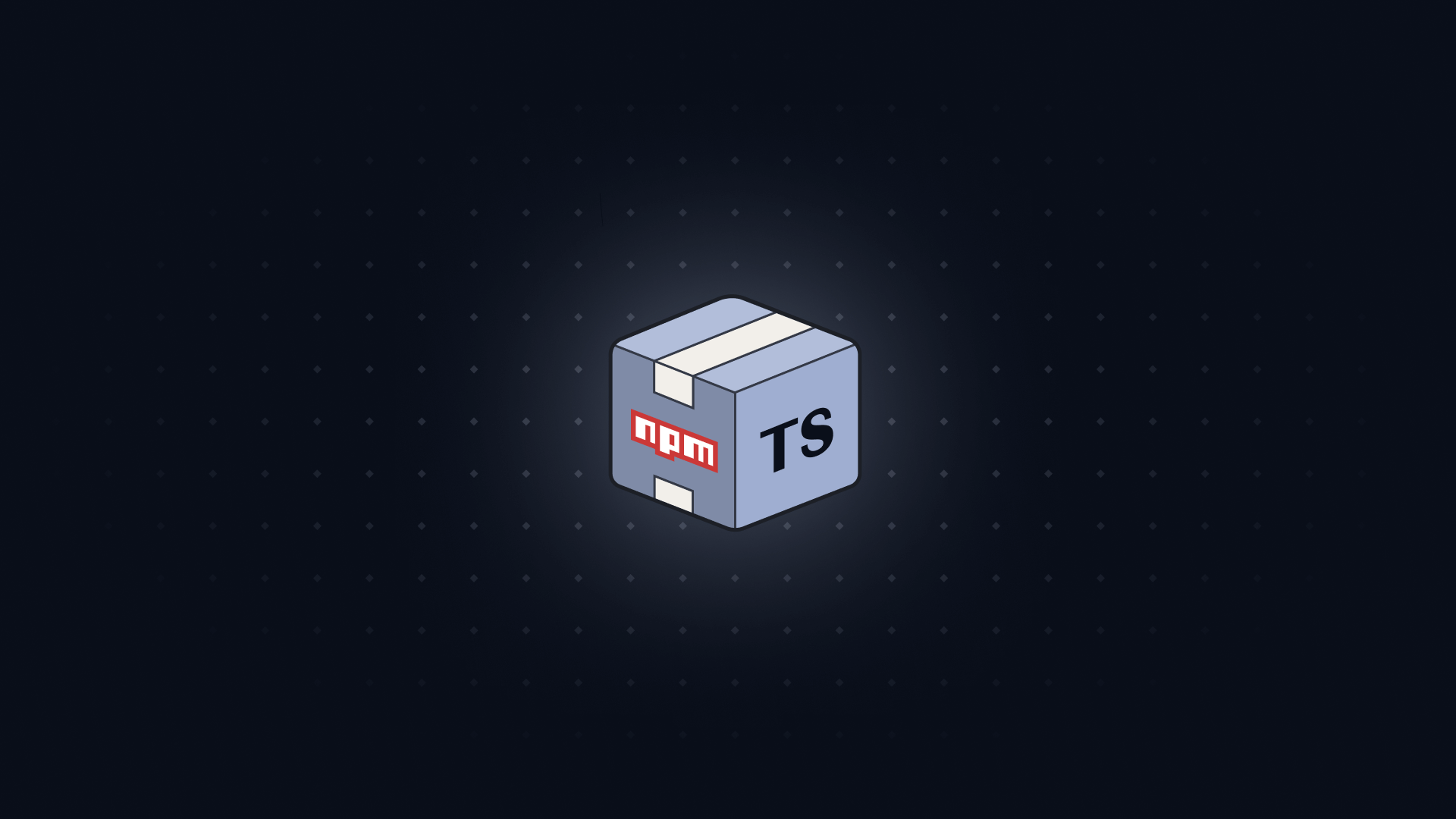TypeScript 5.4 brought a new utility type called NoInfer. Let's see how it can be used to improve TypeScript's inference behavior in certain situations.
#
NoInfer is a utility type that can be used to prevent TypeScript from inferring a type from inside a generic function.
We'll look at why you'd want to do this in a moment. But first, let's see it at work.
Imagine we have a generic function that just returns the type of the value passed in:
const returnWhatIPassedIn = <T>(value: T) => value;
const result = returnWhatIPassedIn("hello");
In this case, TypeScript infers the type of result to be "hello".
But what if we were to wrap value: T with NoInfer?
const returnWhatIPassedIn = <T>(value: NoInfer<T>) => value;
const result = returnWhatIPassedIn("hello");
NoInfer has prevented value from being a valid source of inference for T. So now, result is inferred as unknown. We'd need to explicitly provide the type to returnWhatIPassedIn to get the desired return type:
const result = returnWhatIPassedIn<"hello">("hello");
So, why would you want to do this?
#
Let's imagine that you have a function that has multiple candidates for inferring a type parameter.
A great example is a function that creates a finite state machine (FSM). The FSM has an initial state and a list of states. The initial state must be one of the states.
Let's use declare to define the function signature (so I don't have to provide an implementation):
declare function createFSM<TState extends string>(config: {
initial: TState;
states: TState[];
}): TState;
Notice that there are two possible places where TypeScript could infer the type TState from: initial and states.
If we try to call it, TypeScript will infer TState from BOTH initial and states:
const example = createFSM({
initial: "not-allowed",
states: ["open", "closed"],
});
console.log(example);
But this is a problem! We want TypeScript to infer TState from states only. We don't want initial to be a candidate for inference. We want to ensure that initial is a valid state in the states array.
This is where NoInfer comes in.
#
We can use NoInfer to prevent initial from being a candidate for inference:
declare function createFSM<TState extends string>(config: {
initial: NoInfer<TState>;
states: TState[];
}): TState;
Now, when we call createFSM, TypeScript will infer TState from states only. This means that we correctly get an error from our initial property:
createFSM({
initial: "not-allowed",Type '"not-allowed"' is not assignable to type '"open" | "closed"'.2322
Type '"not-allowed"' is not assignable to type '"open" | "closed"'. states: ["open", "closed"],
});
If we swap NoInfer over to states, then the only valid states will be the value of initial:
declare function createFSM<TState extends string>(config: {
initial: TState;
states: NoInfer<TState>[];
}): TState;
createFSM({
initial: "open",
states: ["closed"],Type '"closed"' is not assignable to type '"open"'.2322
Type '"closed"' is not assignable to type '"open"'.});
So, we can use NoInfer to control where TypeScript infers a type from inside a generic function. This can be useful when you have multiple runtime parameters each referencing the same type parameter. NoInfer allows you to control which parameter TypeScript should infer the type from.



